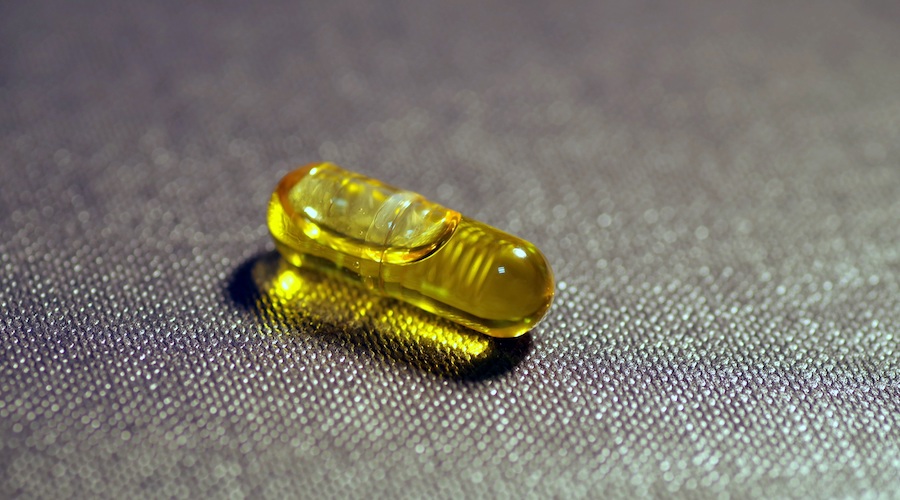- Write by:
-
Monday, April 10, 2023 - 19:50:32
-
163 Visit
-
Print

Mining News Pro - New research being presented on the week of April 15th at the 2023 European Congress of Clinical Microbiology & Infectious Diseases in Copenhagen, has identified 19 gold-based compounds that successfully treat multidrug-resistant superbugs.
According to the Spanish researchers showcasing the study, given that all of the compounds were effective against at least one hard-to-treat bacterium and some of them were effective against several, it is possible to say that gold-based drugs hold great potential as new antibiotics.
In a media statement, the scientists noted that drug-resistant infections kill an estimated 700,000 people a year globally and, with the figure projected to rise to 10 million by 2050 if no action is taken, the World Health Organization has identified antibiotic resistance as one of the greatest public health threats facing humanity.
Gold is known to have antibacterial properties, making gold metalloantibiotics—compounds with a gold ion at their core—an exciting potential new approach.
Nineteen options
The 19 gold compounds studied by Sara M. Soto González, of the Barcelona Institute for Global Health, and colleagues belong to the same family but have slightly different structures and have proven effective against a range of multidrug-resistant bacteria samples taken from sick patients.
The six bacteria studied were Methicillin-resistant Staphylococcus aureus (MRSA, which causes skin and other infections), Staphylococcus epidermidis (which can cause catheter-associated infections), Pseudomonas aeruginosa (which causes infections including pneumonia), Stenotrophomonas maltophilia (pneumonia and other infections), Acinetobacter baumannii (blood and urinary tract infections and pneumonia) and Escherichia coli (blood and urinary tract infections and pneumonia).
All of the strains studied were multidrug-resistant. Four of them, S. aureus, P. aeruginosa, A. baumannii and E. coli are on WHO’s list of antibiotic-resistant ‘priority pathogens,’ which means that they are among the bacteria judged to pose the greatest risk to human health. Multidrug-resistant S. maltophilia is increasingly being found in the lungs of people with cystic fibrosis.
In tests, 84% of the gold compounds were highly effective against MRSA and S. epidermis.
Another 16 of the gold metalloantibiotics were effective against the other bacteria, all of which are gram-negative. Gram-negative bacteria have a greater inbuilt resistance to antibiotics and the need for new treatments is particularly pressing.
Gold-based antibiotics use a variety of techniques to kill bacteria. They stop enzymes from working, disrupt the function of the bacterial membrane and damage DNA. This multimodal mechanism should prevent antimicrobial resistance from developing.
“It is particularly exciting to see that some of the gold complexes were effective against MRSA and multidrug-resistant A. baumannii, as there are two biggest causes of hospital-acquired infections,” Soto González explained. “The type of gold complexes we studied, known as gold (III) complexes, are relatively straightforward and inexpensive to make. They can also be easily modified and so provide a vast amount of scope for drug development.”
Short Link:
https://www.miningnews.ir/En/News/622800

Barrick Gold faced criticism outside its annual general meeting on Tuesday in Toronto for supporting Malian rulers with ...

Gold wavered as traders looked ahead to a week with a Federal Reserve rate decision meeting and key US jobs data.

China’s Tianqi Lithium said on Thursday it has formally requested that a proposed joint venture between lithium company ...

Newmont Corp beat Wall Street estimates for first-quarter profit on Thursday, as the world’s largest gold miner ...

Zimbabwe’s President Emmerson Mnangagwa has re-appointed Winston Chitando as the southern African nation’s mines ...

China’s Zhaojin Mining Industry said on Wednesday that its A$733 million ($477.8 million) offer to buy Australia’s ...

Toronto-listed miner OceanaGold Corp said on Wednesday it will raise 6.08 billion pesos ($106 million) through an ...

A new report by IDTechEx states that investing in e-haul trucks could result in major savings for miners due to the ...

Nigeria has revoked 924 dormant mining titles immediately and invites investors to freely apply for the affected ...
No comments have been posted yet ...